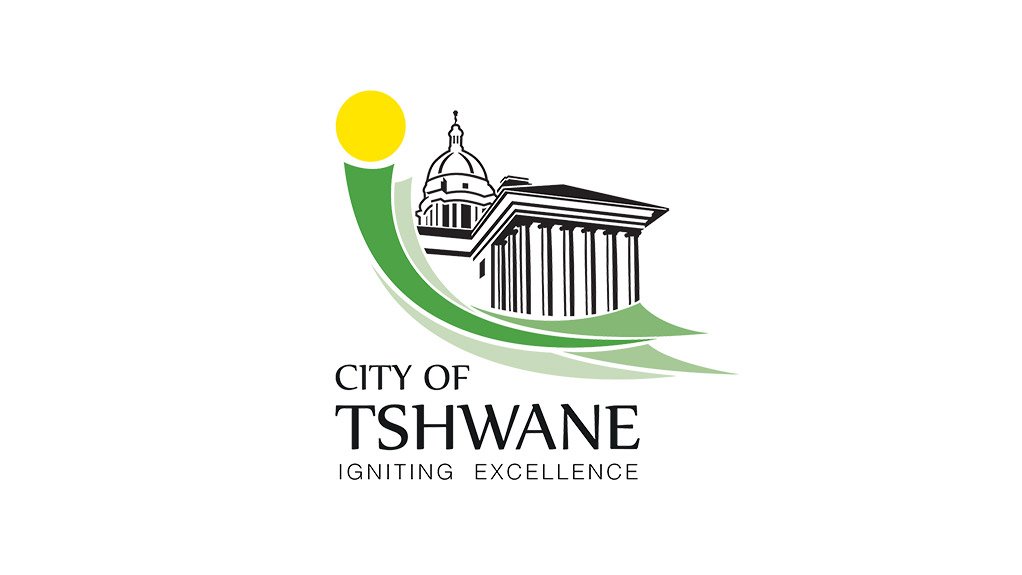/ MEDIA STATEMENT / The content on this page is not written by Polity.org.za, but is supplied by third parties. This content does not constitute news reporting by Polity.org.za.
The City of Tshwane’s Council has commenced a public participation process to review the Regionalised Spatial Development Frameworks (RSDFs) for the seven regions of the City of Tshwane.
“The RSDFs serve as strategic guides for spatial development for the next 10 to 15 years and are critical to influence and direct infrastructure investment, economic & urban growth and renewal” says Councillor Sarah Mabotsa, the Member of the Mayoral Committee (MMC) responsible for Economic Development and Spatial Planning.
Residents, developers and neighbourhood interest groups are especially invited to learn more through a series of public meetings to discuss the draft frameworks for the regions of Tshwane.
The draft RSDF documents and maps are also available for download at www.tinyurl.com/tshwaneRSDF and public meetings are scheduled as follows:
An open online public meeting, hosted by the Executive Mayor, is scheduled for Tuesday, 25 March 2025. This meeting will be hosted on Microsoft Teams at 6pm (Meeting ID: 326 422 646 677, Passcode: fm9rm2ZT).
On Sunday, 22 March 2025 at 10am at the following venues:
- Ga-Rankuwa Zone 1 Community Hall (Region 1)
- Mbolekwa Community Hall (Region 3)
- Olievenhoutbosch Community Hall (Region 4)
- Ikageng Community Hall (Region 6)
- Rethabiseng Community Hall (Region 7).
The RSDF is the implementation mechanism for the Metropolitan Spatial Development Framework (MSDF), as well as other strategic planning-linked policies, such as the Council-approved Densification and Compaction Strategy, Retail Strategy, Rural Strategy, Tshwane Integrated Transport Plan, Rural Development Strategy, Human Settlement Plan and Tshwane Open Space Framework.
The City uses the RSDFs as one of the tools in decision-making for land use development applications and aims to address the following aspects at a regional level:
- Provide spatial direction for development (spatial transformation).
- Provide an appropriate and integrated regional spatial framework for sustainable development (economic transformation).
- Ensure directed public investment through the identification of geographic areas where intervention is necessary (economic transformation).
- Guide local development in relation to urban movement and activity systems to realise the vision of sustainability and urbanity (ecological transformation).
- Inform developers and the general public of the location, structure and form of development that will most likely be approved and the sustainable urban planning and development guidelines to be followed (spatial transformation).
- Conserve and protect critical biodiversity and ecological areas to maintain the ecological infrastructure for future generations (ecological transformation).
- Leverage the opportunity to identify and isolate the key urban development areas in the City with the highest impact, which will serve as prime examples for the City’s executives to promote globally, showcasing Tshwane’s growth potential.
The 2024 draft RSDFs incorporate some key changes, such as:
- Updating the Greenfields developments from 80 units per ha to 120 units per ha where services are available and retain the densification principles as per the 2018 RSDFs,
- Introducing designated areas as per the Spatial Planning and Land Use Management Act, 2013 (Act 16 of 2013)(SPLUMA) to focus on simplified land development processes, especially for informal settlement areas,
- The provision of additional activity streets with the aim of providing more economic opportunities for small and medium enterprises, and
- Inclusion of the Climate Action Plan, 2021, through its Climate Risk and Vulnerability Assessment, to highlight vulnerabilities if development is not planned in a sustainable manner.
“The RSDF’s not only help to focus investment and development but also have a critical role to play in the long-term financial stability of the city. How we grow determines our future carbon food print and environmental impact. It also determines the cost of managing our city in the future. The greater the urban sprawl, the less efficient our transport networks are and consequently the greater the emissions, environmental and economic costs of the city will be” says Councillor Mabotsa.
“The RSDF’s can provide the guidelines for how we achieve this greater spatial justice and provide a roadmap to reducing our environmental impacts.”
The review of the RSDF’s is also timeous given that Tshwane will co-host the 2025 Urban20 (U20), linked to the Group of Twenty (G20) Summit. U20 is a diplomatic city-led initiative convened by C40 Cities and United Cities and Local Governments for global cities to collectively inform the broader G20 engagements.
U20 works to enhance the role of cities in responding to the issues like climate change and social integration by promoting carbon neutral, more inclusive, resilient and prosperous societies.
Tshwane’s review of its RSDF’s should look to these principles and we look to our residents and interested parties to comment on the draft RSDFs that have been developed by the administration for your review.
Written by Cllr Sarah Mabotsa, MMC for Economic Development and Spatial Planning, City of Tshwane
EMAIL THIS ARTICLE SAVE THIS ARTICLE ARTICLE ENQUIRY
To subscribe email subscriptions@creamermedia.co.za or click here
To advertise email advertising@creamermedia.co.za or click here











